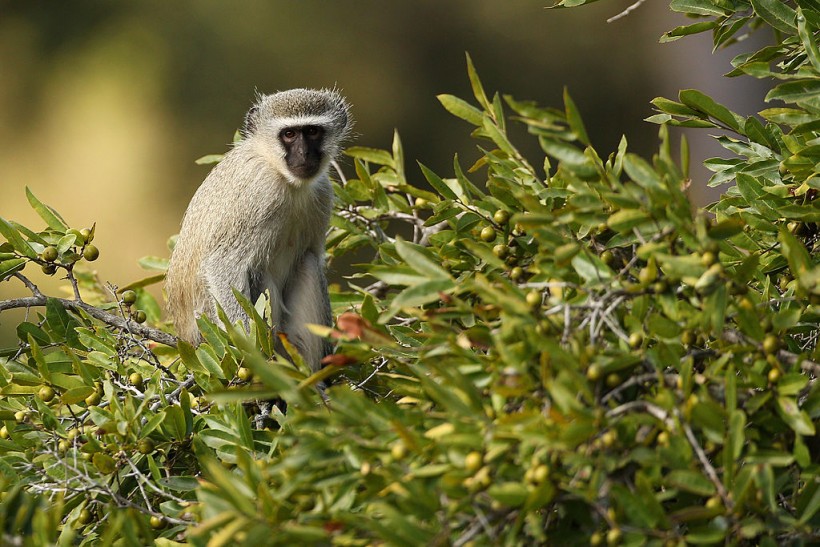Stanford biologists have recently said primates could probably talk if they exerted any effort. We've known members of the ape family-like gorillas and chimpanzees, among others, to be amazingly "majestic creatures" that are frequently touted for their intelligence.
According to the ClickHole, the research team, though, just dropped a so-called "major bombshell," suggesting these animals are not quite maximizing their full potential in life-the ability to talk.
The study authors announced their research findings early this week, disclosing that after years spent various ape species' physical, mental and social capacities, they are feel confident that the animals are deliberately holding out on humans "as far as being able to talk goes."
Noting that these animal species are tremendously perspective and skilled creatures with distinctively developed highly complex social structures, not to mention survival schemes, the biologists suggested that nothing is holding the apes back from finding out how to speak but their "own laziness."
ALSO READ: Here's How Humans Are Still Evolving

A 2018 research shows that some primate species, including vervet monkeys, use ‘words’ to identify things. This is called ‘semantics’ in human language.
Chimpanzees Sharing Most of Their DNA with Humans
According to Gregory Euler, the lead researcher, if a bunch of apes gathered together and spent just, like, 30 minutes "moving their mouths around and making noises and pointing at different objects," their study proposes that they would nearly certainly find out how to say a couple of things.
Essentially, Euler explained, chimpanzees are sharing more than 99 percent of their DNA with humans. They are literally just "little hairy humans" and "we're supposed to believe" that they cannot even say 'Hi,' when for sure, they can.
The team referred to their observation that most primates' size and shape are similar to five-year-old kids. These five-year-olds could speak no problem, as one of their theory's main tentpoles, continuing to report that the apes can to utilize mechanisms to search for food, which is actually way more difficult than simply opening the mouth and saying, "I'm a gorilla" or anything similar to that effect.
Moreover, the research team contended that if Koko, the gorilla who recently died. Widely known for her communication skills, she was able to learn sign language so well the definitely, her fellow primates could stop running all over the jungle screeching nonsense. Through that, maybe they can find out how to thread a few sentences together if they only spent some time working on it.
Speech Evolution
A 2018 research shows that some primate species, including vervet monkeys, use "words" to identify things. This is called "semantics" in human language.
Additionally, some species even incorporate calls into basic sentences, which humans would perceive as "syntax." This can tell as many things about the early evolution of language, and its elements that might have already existed in humans' common ancestors with such species, some millions of years back.
The fossil record found in the research also offered some insights. The speech itself, the record showed, clearly "does not fossilize," and thus, the study investigators have searched for substitute evidence in the extinct human relatives' skeletal remains.
For instance, some study authors have argued that the shape and position of the lone bone in the vocal tract, also known as the hyoid bone, can tell us something about the origins and evolution of speech.
RELATED TOPICS: Pandas Like Poop Rolling and Scientists Say They Know Why
Check out more news and information on Primates on Science Times.













![Earth's Quasi-Moon Kamo‘oalewa Could Originate From Lunar Surface Not Asteroid Belt [Study]](https://1721181113.rsc.cdn77.org/data/thumbs/full/53275/258/146/50/40/earths-quasi-moon-kamo-oalewa-could-originate-from-lunar-surface-not-asteroid-belt-study.png)
